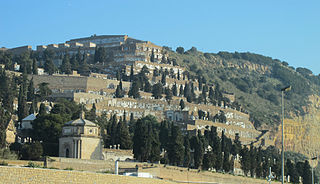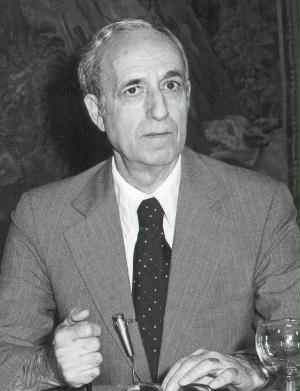Contents
| |||||
| Decades: | |||||
|---|---|---|---|---|---|
| See also: | Other events of 1900 List of years in Spain | ||||
Events in the year 1900 in Spain .
| |||||
| Decades: | |||||
|---|---|---|---|---|---|
| See also: | Other events of 1900 List of years in Spain | ||||
Events in the year 1900 in Spain .
Undated
Premio Nadal is a Spanish literary prize awarded annually by the publishing house Ediciones Destino, part of Planeta. It has been awarded every year on 6 January since 1944. The Josep Pla Award for Catalan literature is given at the same ceremony.

The University of Valencia, shortened to UV, is a public research university in Valencia, Spain. It is one of the oldest universities in Spain, and the oldest in the Valencian Community. It is regarded as one of Spain's leading academic institutions.

Josep Feliu i Codina was a Catalan journalist, novelist and playwright whose work is linked to the Realist movement and to the Catalan Renaixença.
The Premio Planeta de Novela is a Spanish literary prize, awarded since 1952 by the Spanish publisher Grupo Planeta to an original unpublished novel written in Spanish. It is one of about 16 literary prizes given by Planeta.

Infanta Maria Cristina of Spain, Countess Marone-Cinzano was the fourth surviving child and youngest daughter of Alfonso XIII of Spain and Victoria Eugenie of Battenberg and paternal aunt of King Juan Carlos I.

Josep Maria Pou i Serra, also credited as José María Pou, is a Spanish film, theatre and television actor from Catalonia.

Montjuïc Cemetery, known in Catalan as Cementiri del Sud-oest or Cementiri de Montjuïc, is located on one of the rocky slopes of Montjuïc hill in Barcelona.

The 498 Spanish Martyrs are a group of murder victims in the Spanish Civil War who were beatified by the Catholic Church in October 2007 by Pope Benedict XVI. They originated from many parts of Spain. Their ages ranged from 16 years to 78 years old. Although almost 500 persons, they are only a small part of the Martyrs of the Spanish Civil War.
Events in the year 2009 in Spain.

Carmen Balcells Segala was a literary agent of Spanish-language authors from Spain and Latin America, including six Nobel Prize–winning authors. She led her agency from 1956 to 2000, during which time she was one of the driving forces behind the 1960s boom of Latin American literature.

José María Ferrater Mora was a Spanish philosopher, essayist and writer. He is considered the most prominent Catalan philosopher of the 20th-century and was the author of over 35 books, including a four-volume Diccionario de filosofía and Being and Death: An Outline of Integrationist Philosophy (1962). Subjects he worked on include ontology, history of philosophy, metaphysics, anthropology, the philosophy of history and culture, epistemology, logic, philosophy of science, and ethics. He also directed several films.
IGNACIO ORTIZ CEDEÑO

Jaume Aiguader i Miró was a Spanish medical doctor, writer, social activist, politician and Catalan nationalist. He was one of the founders of the Republican Left of Catalonia political party. He became Mayor of Barcelona, and was a national deputy during the Second Spanish Republic. He was Minister of Labor and Social Assistance in the government of Juan Negrín during the Spanish Civil War (1936–1939). After the fall of the Republic, he died in exile in Mexico.

Guillermo Landa y Escandón was a Mexican politician and businessman. He was governor of the Federal District of Mexico. He was one of the Porfirio Díaz administration's Científicos.
Events in the year 2023 in Spain.
Events in the year 1899 in Spain.